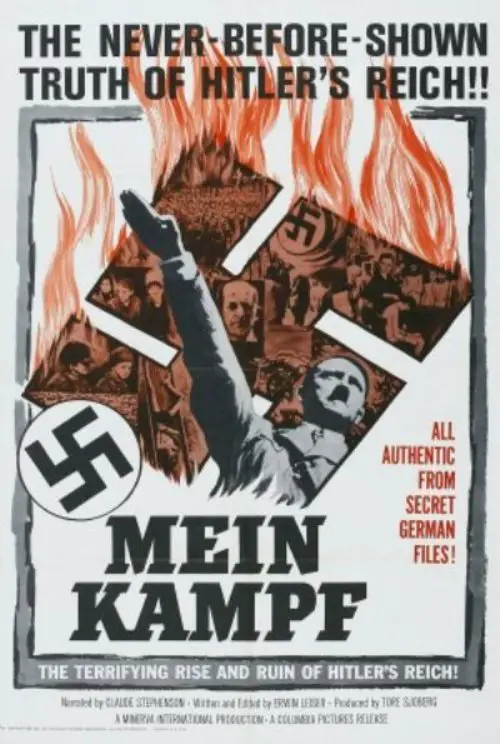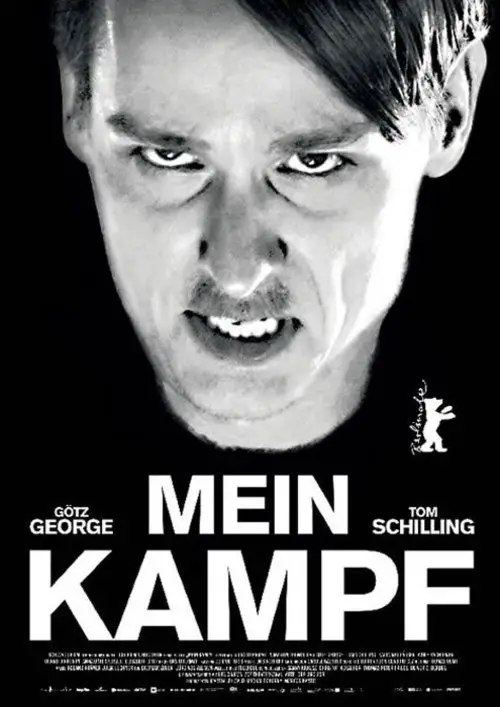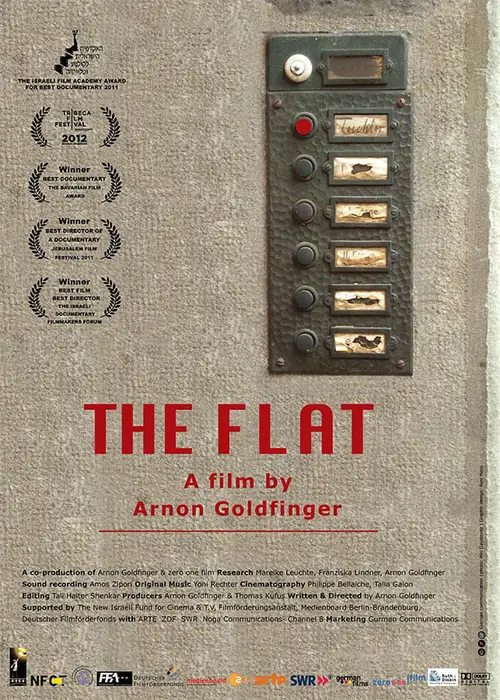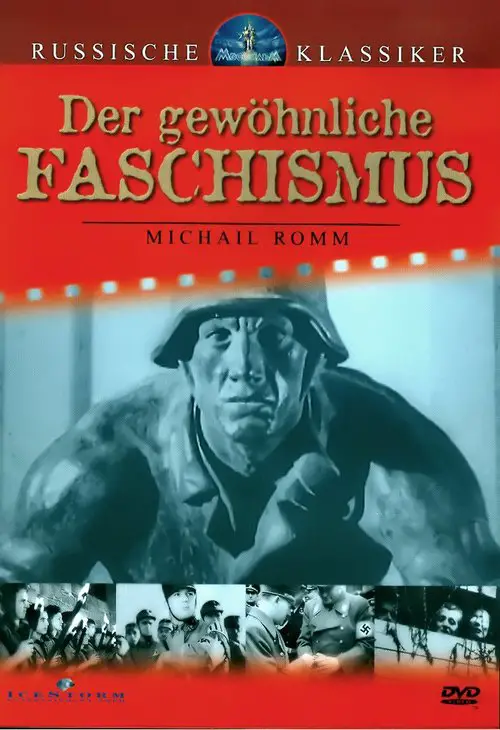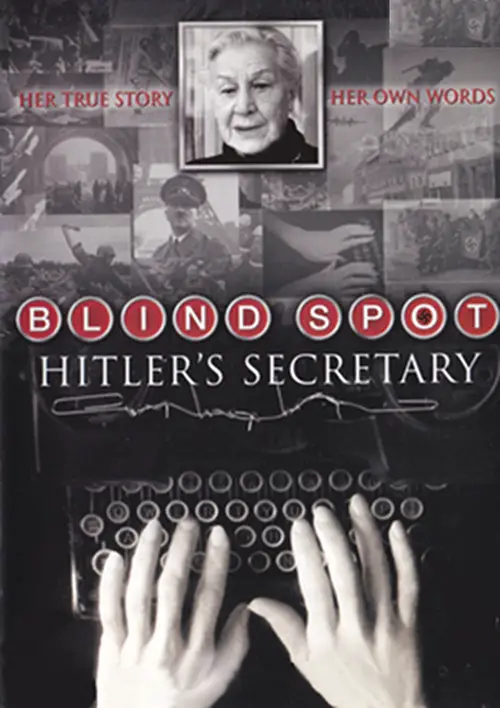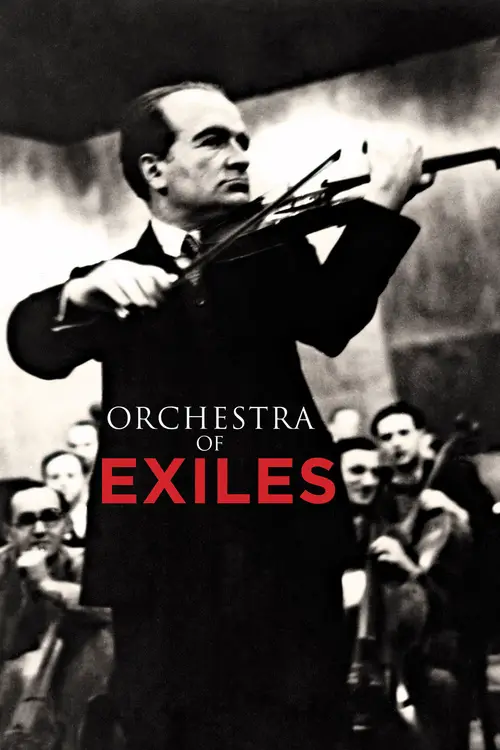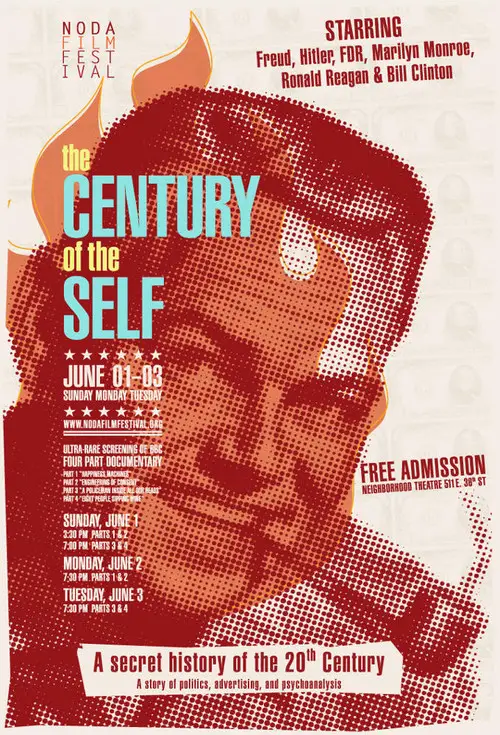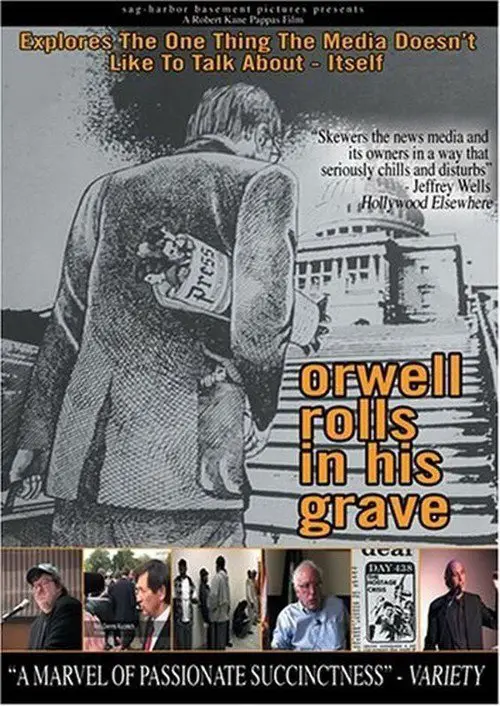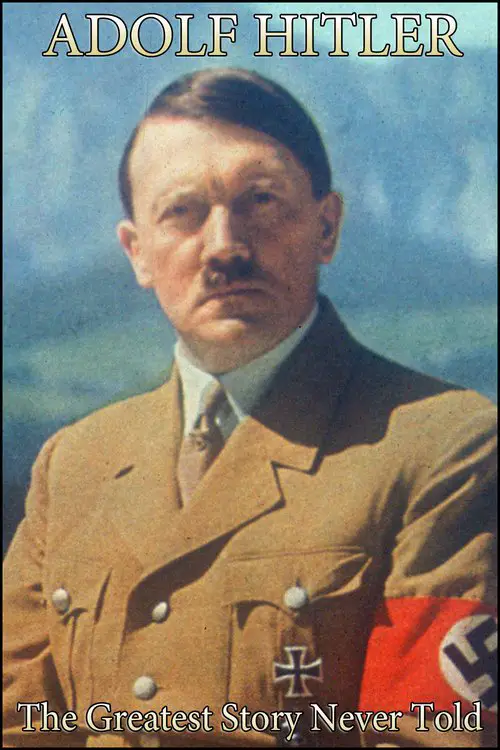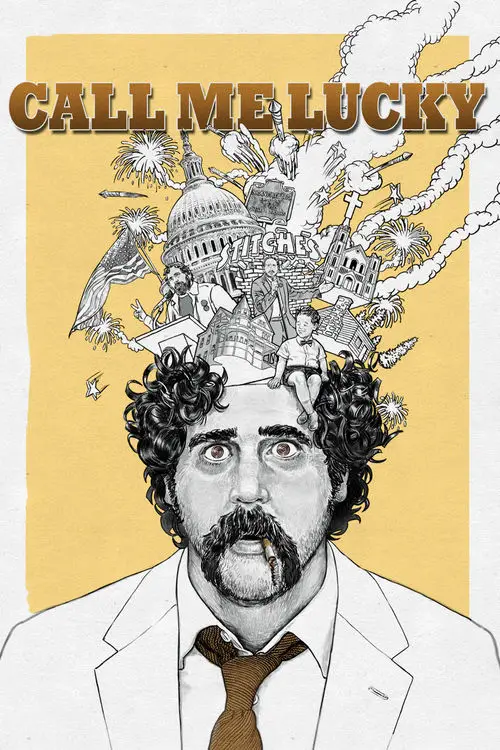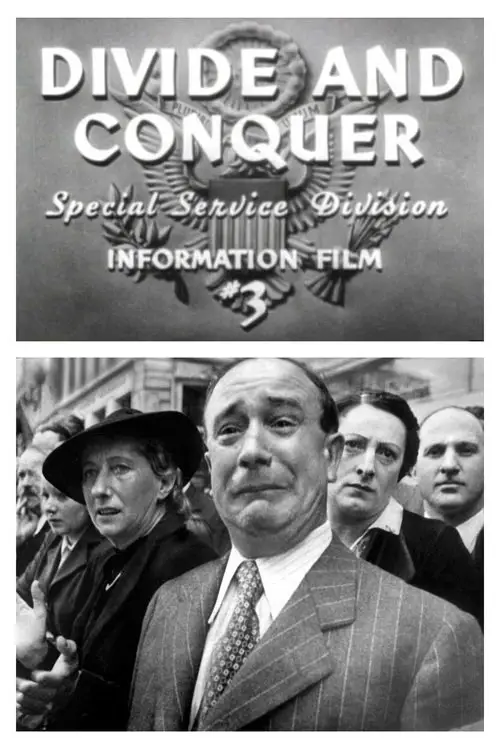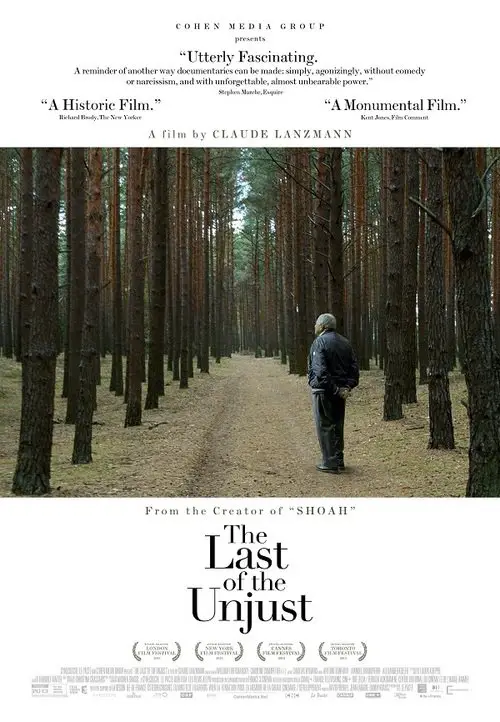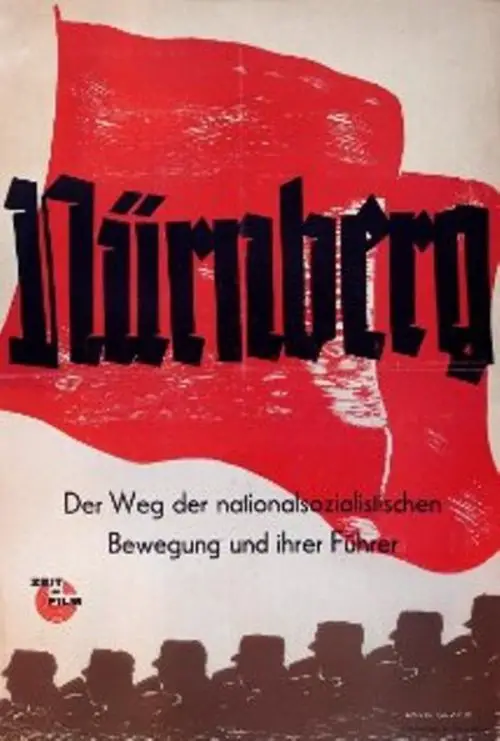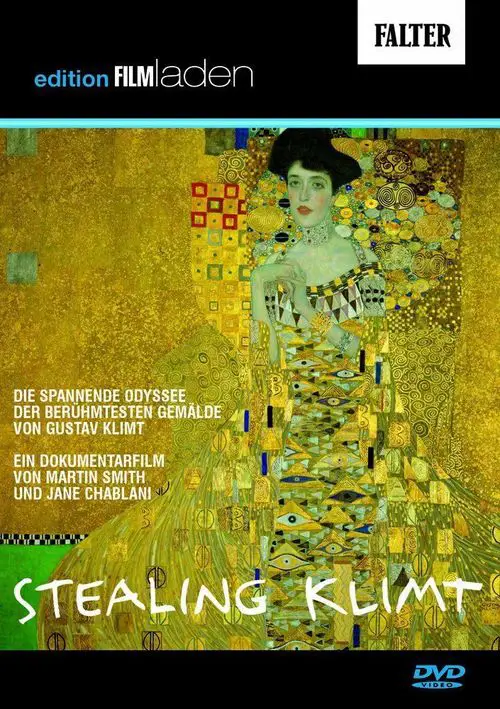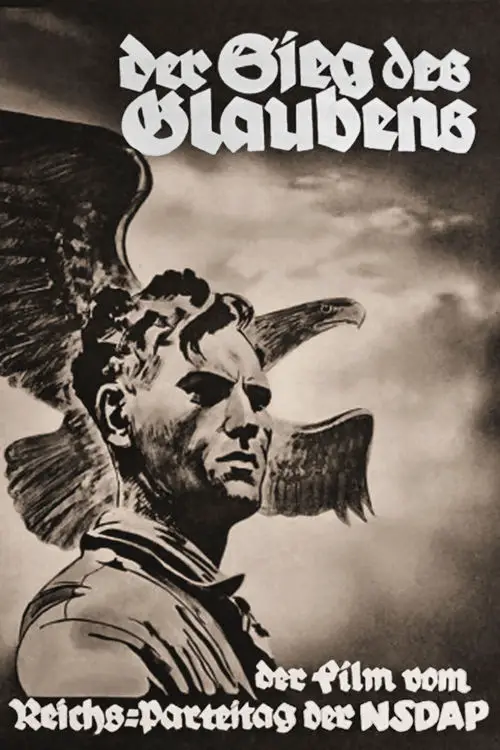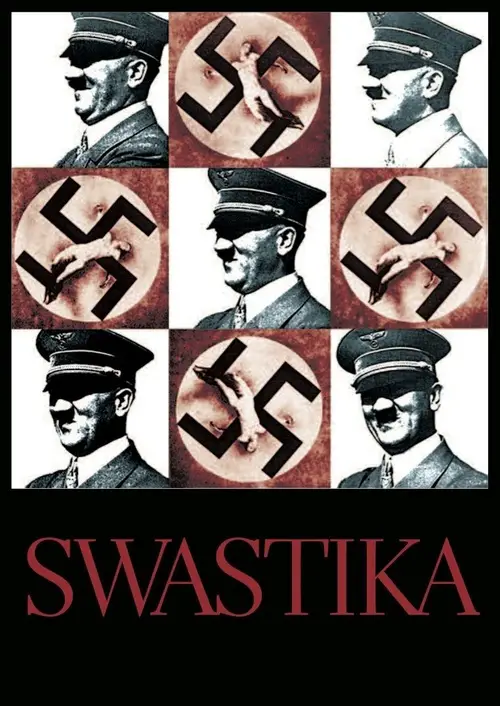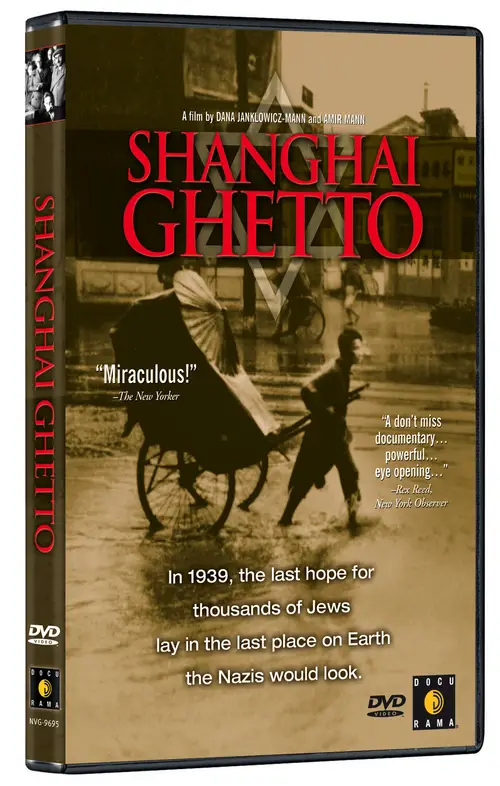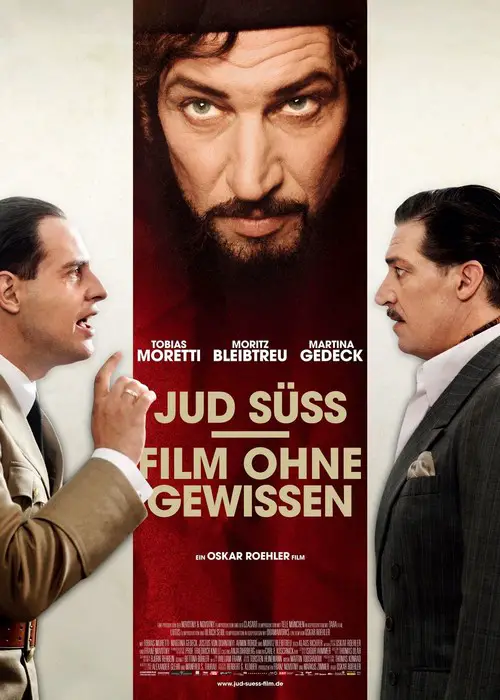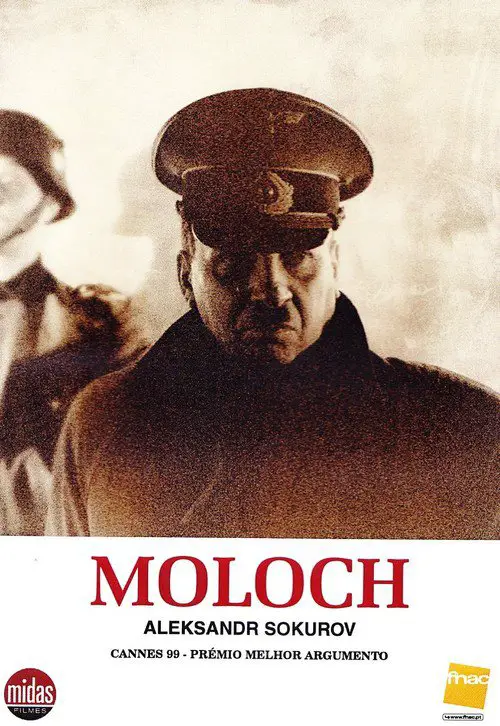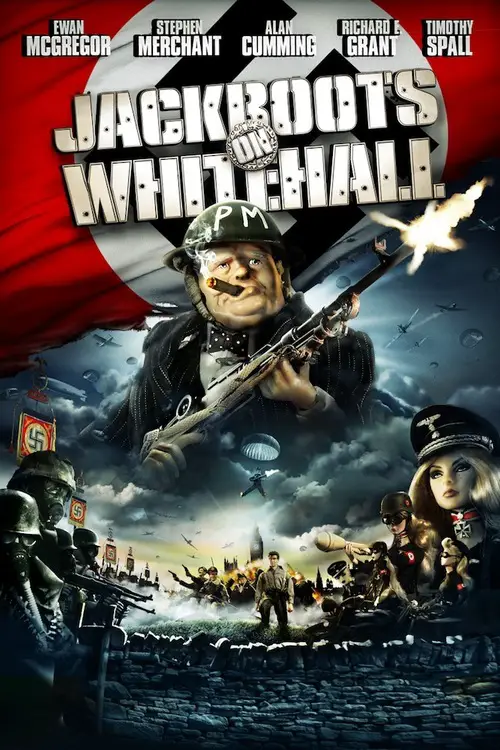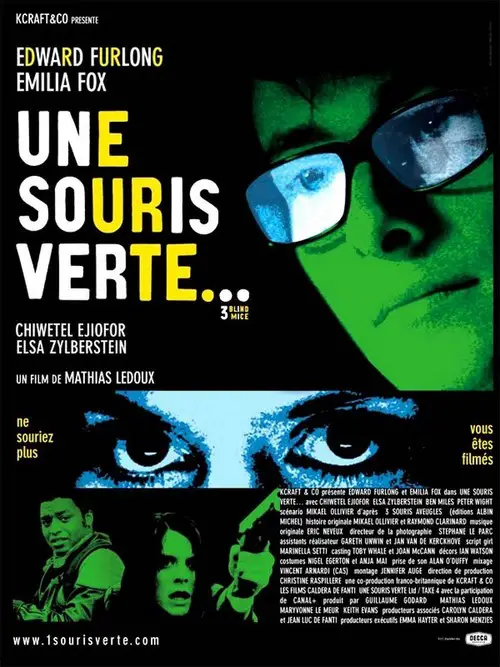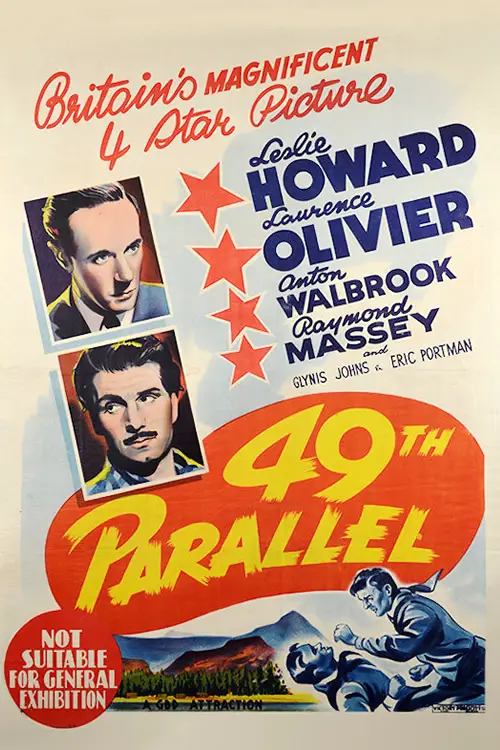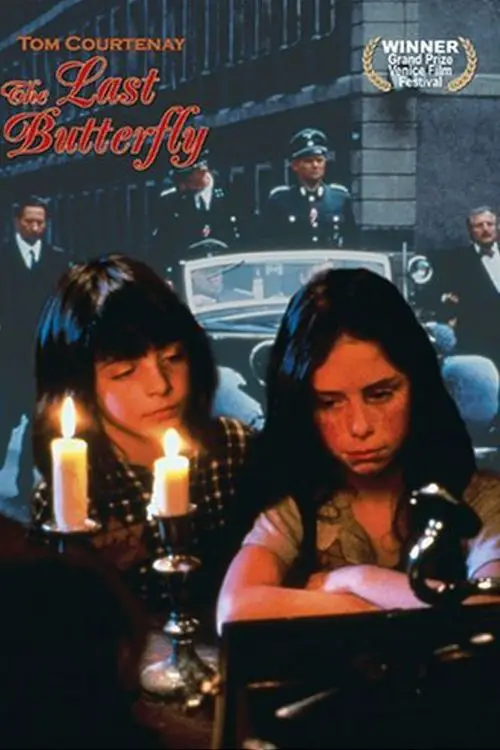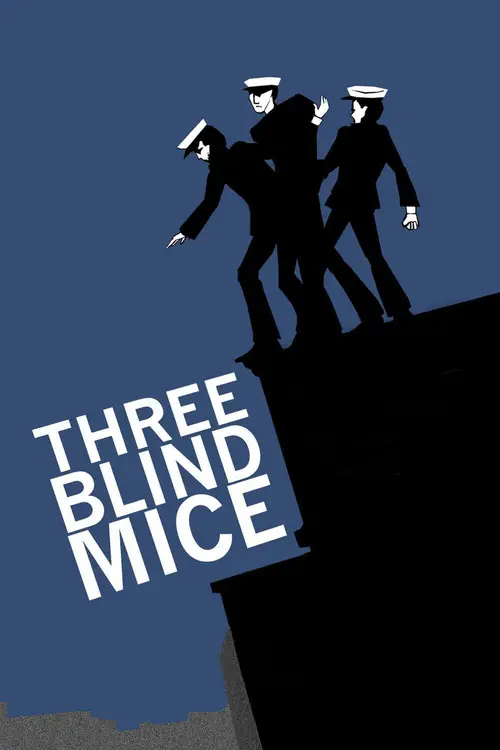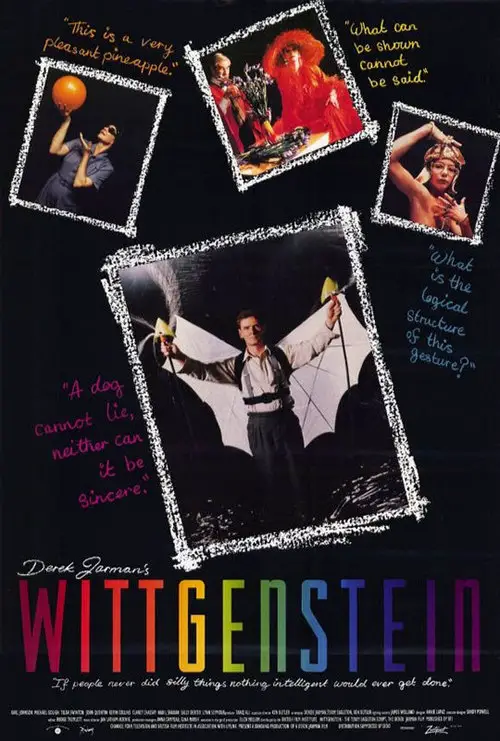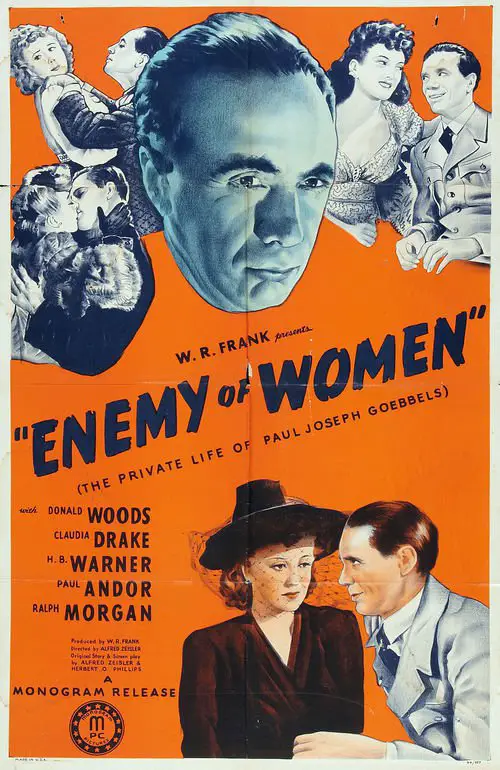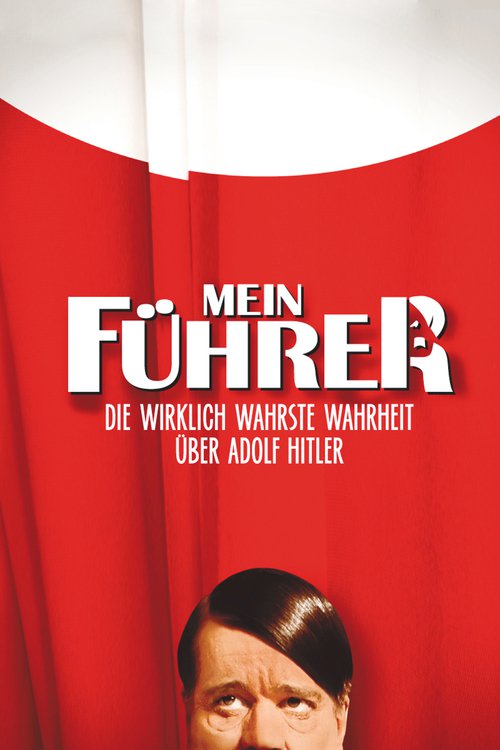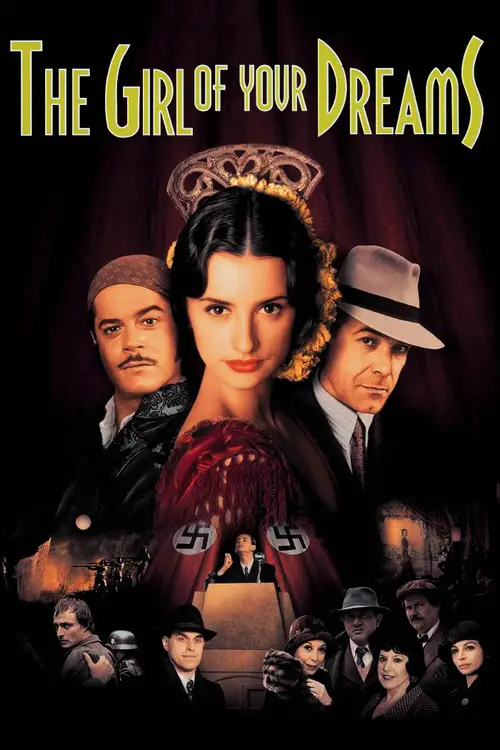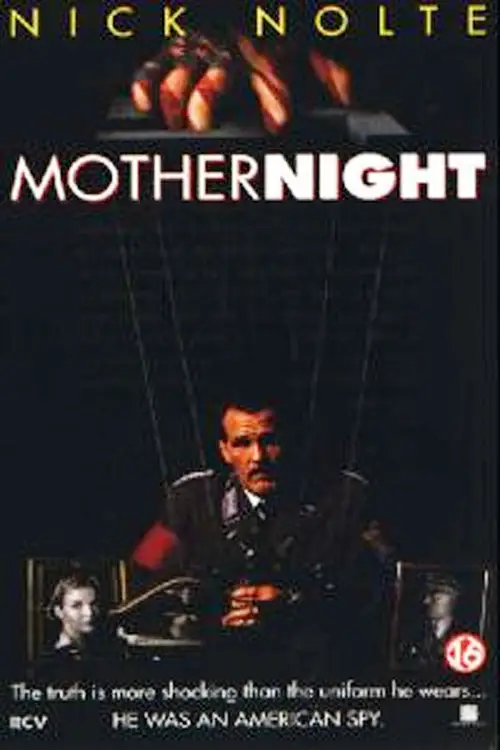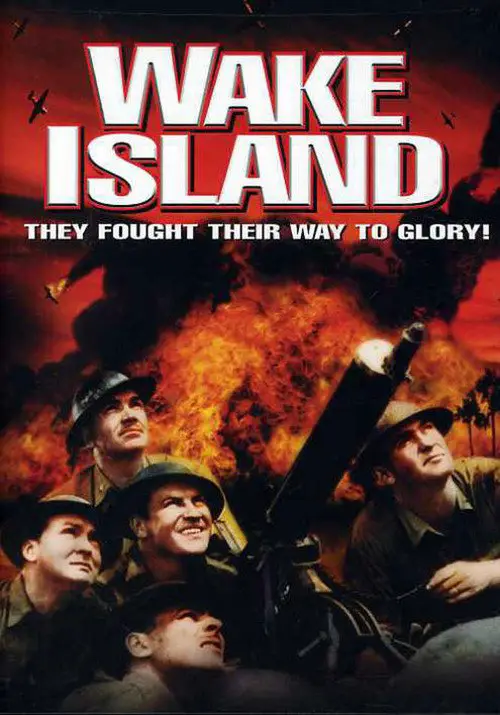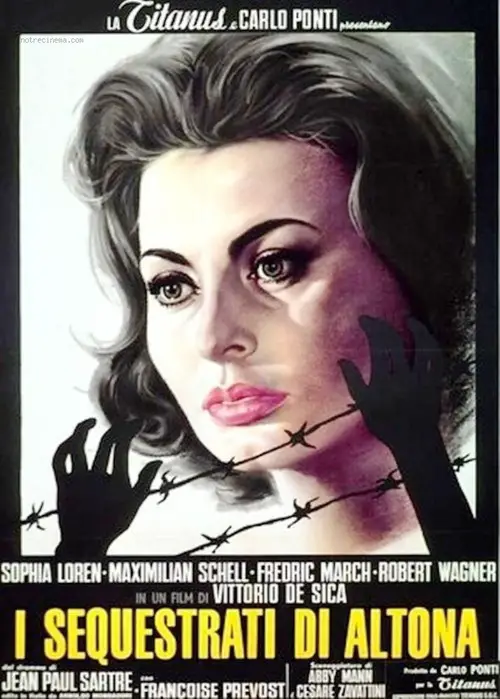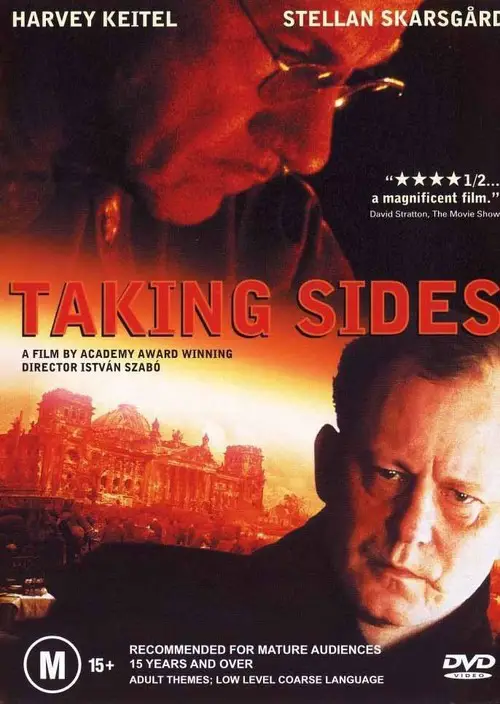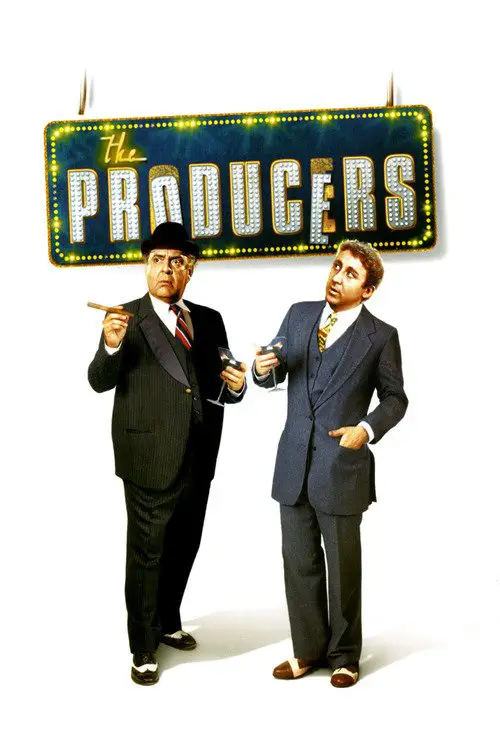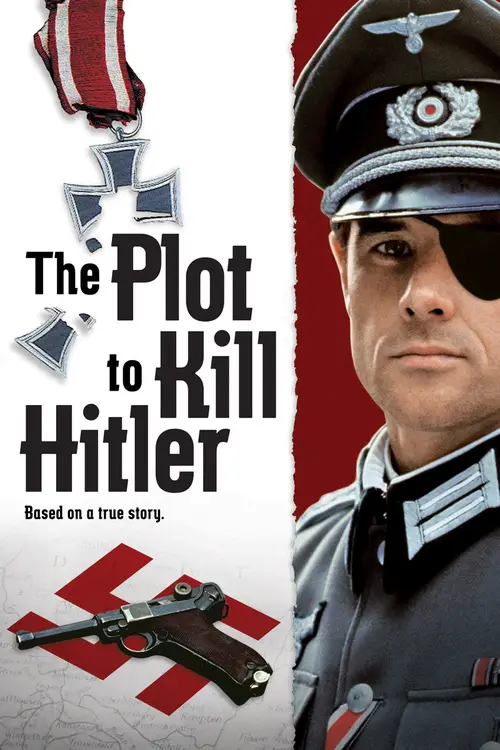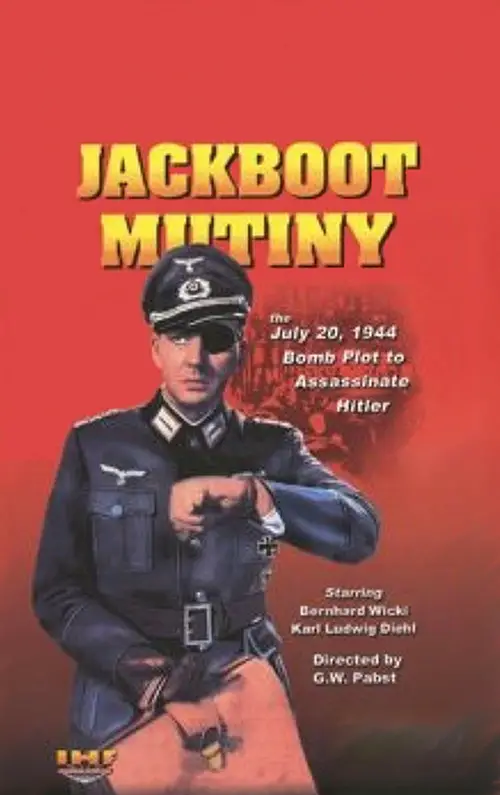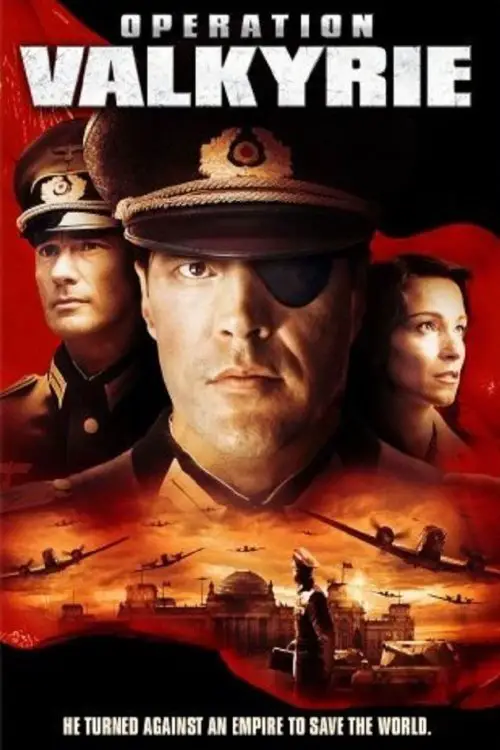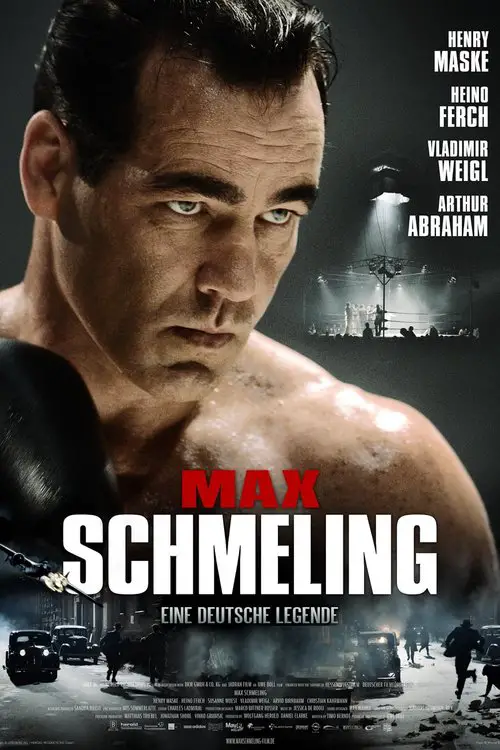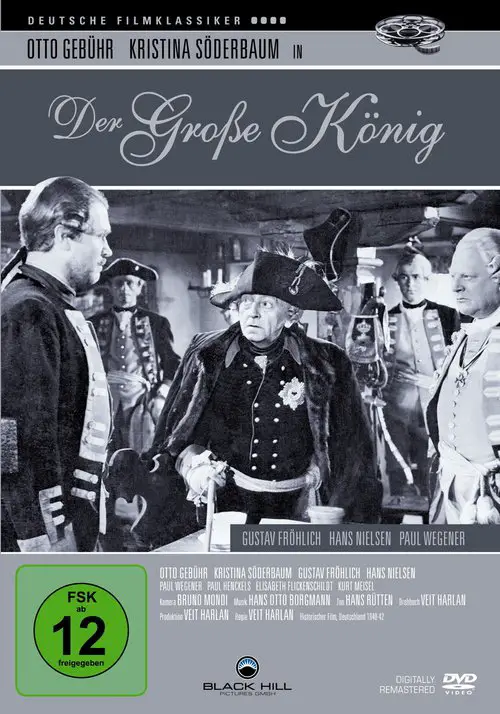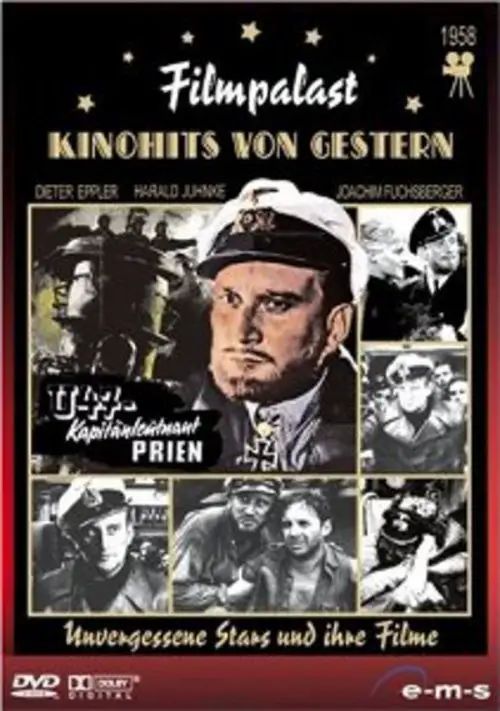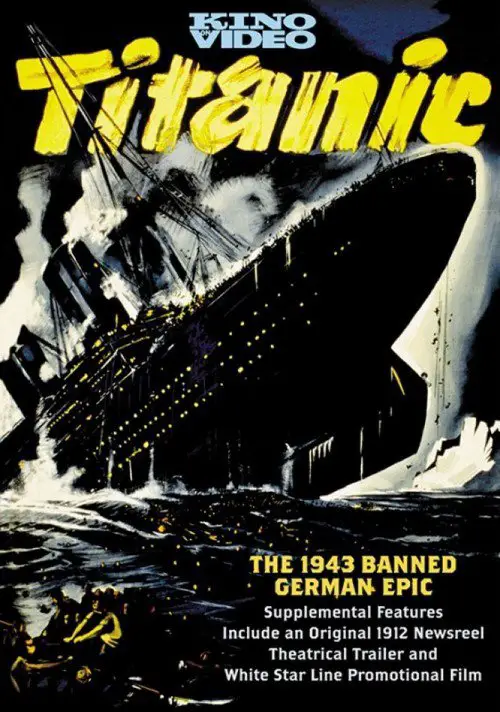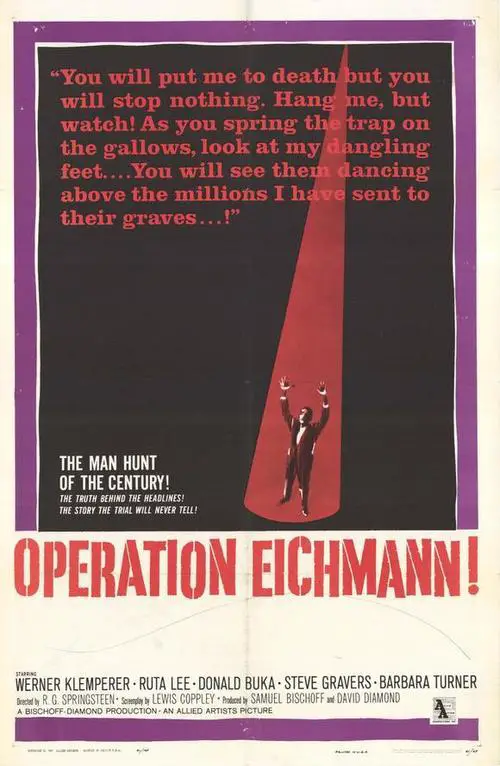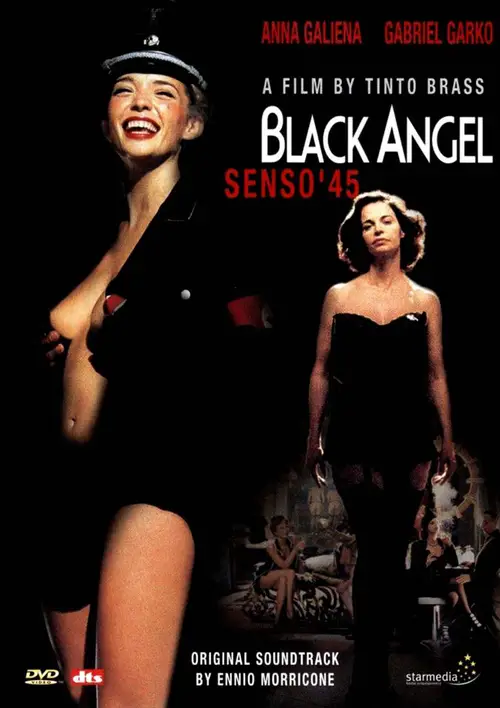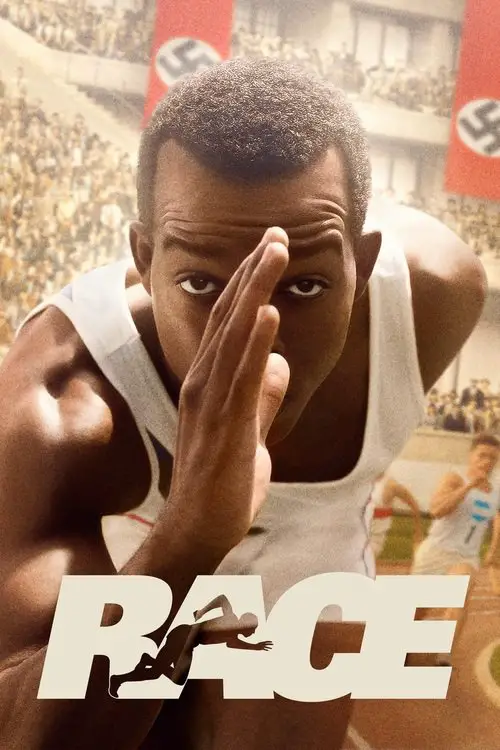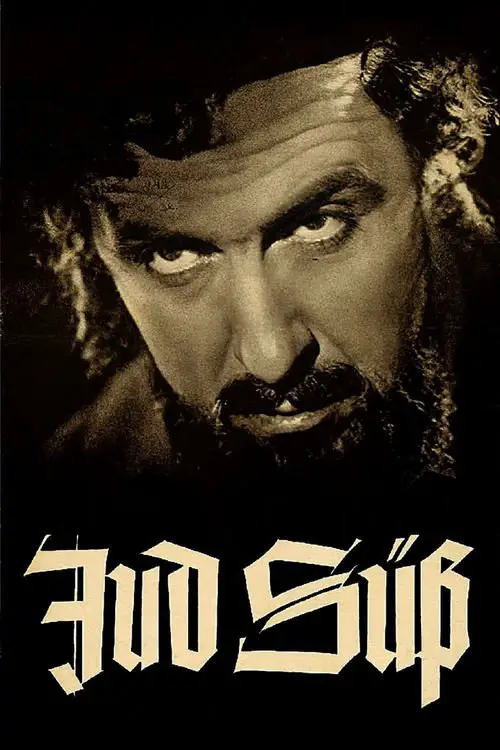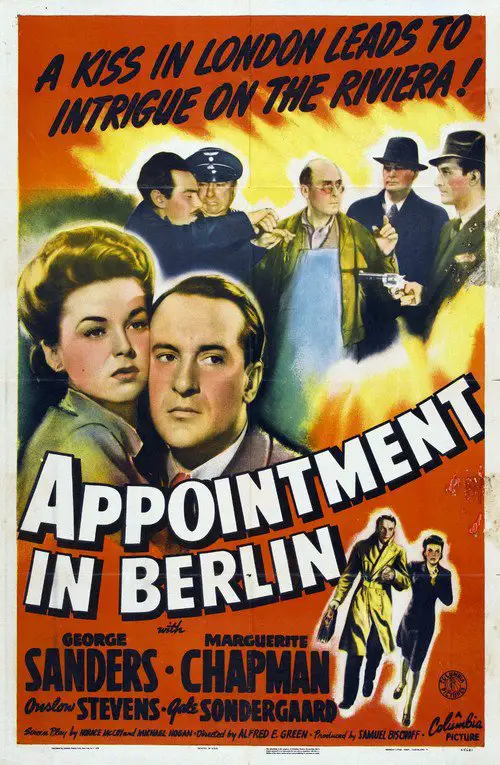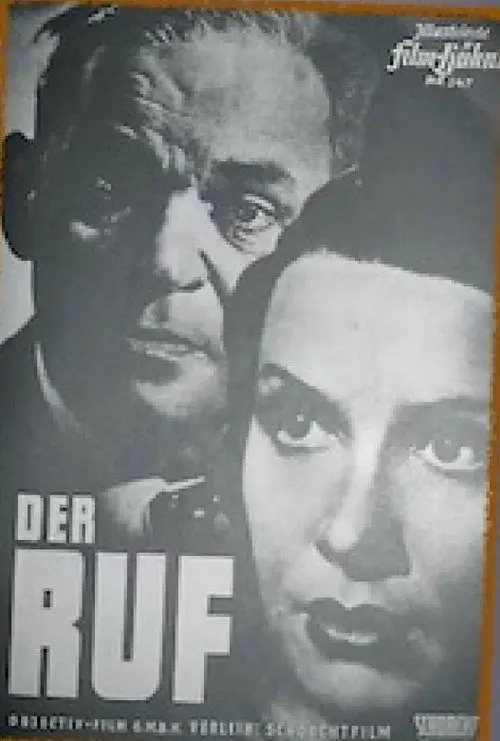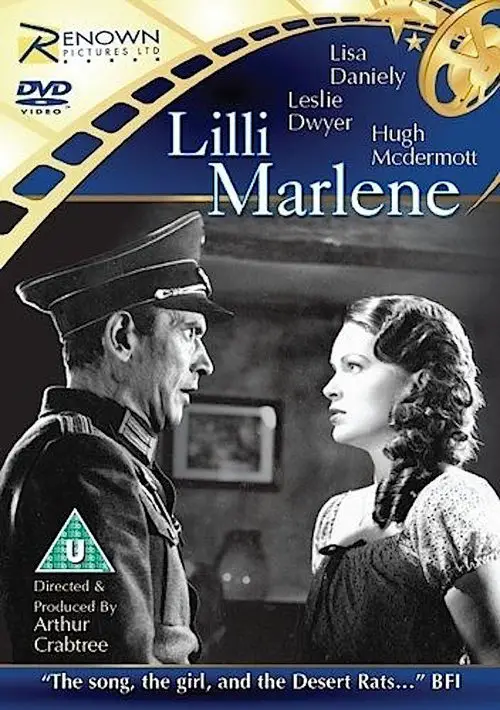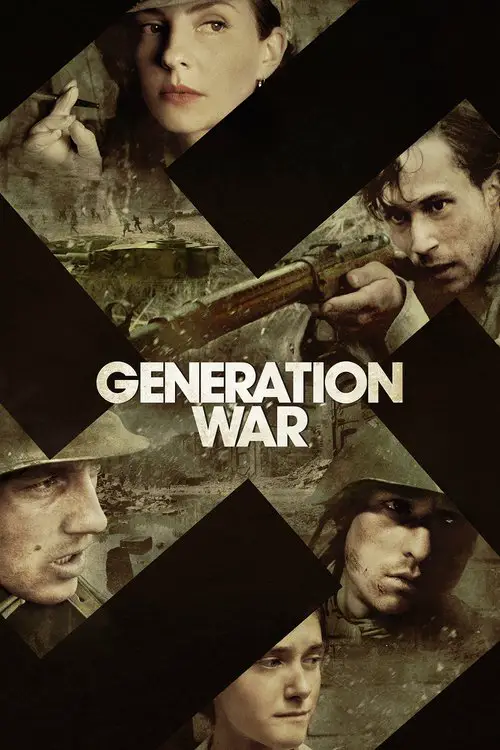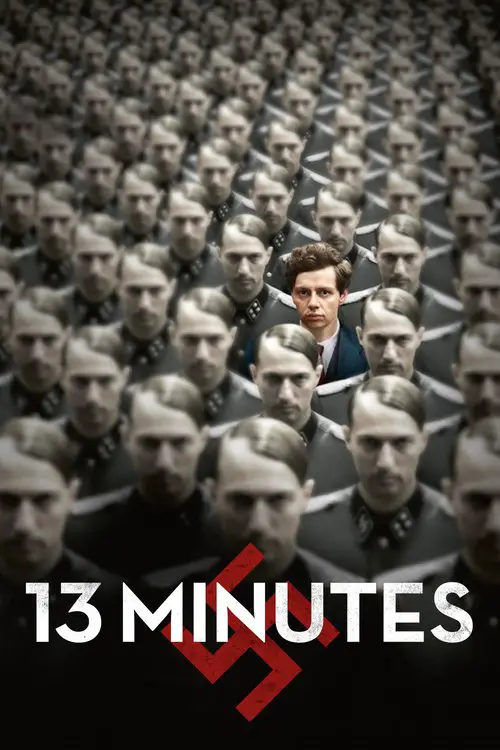The Goebbels Experiment (2005)

Similar movies
"Mein Kampf" presents the raising and fall of the Third Reich, showing mainly the destruction of Poland and the life Hitler, which is told since he was a mediocre student and frustrated aspirant of artist living in slums in Austria and Germany, until his suicide in 1945 after being the responsible for the death of million of people, and the destruction of Europe. All the footage is real and belonged to a secret file of Goebbels, inclusive with many very strong scenes filmed by Goebbels himself.
Every foot of film is authentic German footage -- uncovered in the secret archives of the SS Elite Guard and suppressed by Goebbels himself as too strong even for his own savage propaganda. Mein Kampf has created a sensational international impact and has been hailed as a stunning historical document. It has created a storm wherever it has been shown throughout the world while reaping enthusiastic reviews and acclaim. A brilliant achievement in motion picture documentation, Mein Kampf probes deep into the rise and ruin of the Third Reich and the evil genius that created it. Through stunning use of rare footage, it mercilessly asks and answers a central question that has haunted the mind and heart of the world: "How was such a thing allowed to happen?"
The flat on the third floor of a Bauhaus building in Tel Aviv was where my grandparents lived since they immigrated to Palestine in the 1930's. Were it not for the view from the windows, one might have thought that the flat was in Berlin. When my grandmother passed away at the age of 98 we were called to the flat to clear out what was left. Objects, pictures, letters and documents awaited us, revealing traces of a troubled and unknown past. The film begins with the emptying out of a flat and develops into a riveting adventure, involving unexpected national interests, a friendship that crosses enemy lines, and deeply repressed family emotions. And even reveals some secrets that should have probably remained untold...
Romm's "Ordinary Fascism" pulls out all the stops in its selection of documentary material to draw the viewer not only into absolute horror about fascism and nazism in the 1920s-1940s Europe, but also to a firmest of convictions that nothing of the sort should be allowed to happen again anywhere in the world.
Documentarians Andre Heller and Othmar Schmiderer turn their camera on 81-year-old Traudl Junge, who served as Adolf Hitler's secretary from 1942 to 1945, and allow her to speak about her experiences. Junge sheds light on life in the Third Reich and the days leading up to Hitler's death in the famed bunker, where Junge recorded Hitler's last will and testament. Her gripping account is nothing short of mesmerizing.
Explores the making of Charles Chaplin's first "talkie" Diktatorn (1940) and draws many things that between Chaplin and Hitler had in common. The film contains colour home movie footage of the film's production which where shot by Charles' brother Sydney. These never before seen films were discovered by his daughter Victoria while looking though an old suitcase she found in the basement. The raw footage gives us an alternate insight to Chaplin's classic film which started production years before Adolf Hitler was seen as a major threat in the western world.
Far outside what's normally taught as "history", this 6-hour documentary attempts to explain what's normally glossed over - Germany's actions prior to WWII, Hitler's popularity, the support of the Nazis by the Germans, the basis for hardline Nazi stances against Jews, and why Nazism was such a danger to the established world powers. It chronicles the German WWI defeat, communist attempts to take over Germany; hyperinflation during the Weimar Republic, widespread unemployment and misery that served as the foundation of Nazi principles, and Hitlerâs amazing rise to power. It also reveals a personal side of Hitler: his family background, his artwork and struggles, and what motivated him to pursue a career in politics. While open to criticism for being "pro-Nazi" in its perspectives, the documentary does present many factual foundations for those perspectives, highlighting an endless list of hypocrisies and double-standards imposed on Germany in the years before, during, and after WWII.
An inspiring, triumphant and wickedly funny portrait of one of comedyâs most enigmatic and important figures, CALL ME LUCKY tells the story of Barry Crimmins, a beer-swilling, politically outspoken and whip-smart comic whose efforts in the 70s and 80s fostered the talents of the next generation of standup comedians. But beneath Crimminsâ gruff, hard-drinking, curmudgeonly persona lay an undercurrent of rage stemming from his long-suppressed and horrific abuse as a child â a rage that eventually found its way out of the comedy clubs and television shows and into the political arena.
A place: Theresienstadt. A unique place of propaganda which Adolf Eichmann called the "model ghetto", designed to mislead the world and Jewish people regarding its real nature, to be the last step before the gas chamber. A man: Benjamin Murmelstein, last president of the Theresienstadt Jewish Council, a fallen hero condemned to exile, who was forced to negotiate day after day from 1938 until the end of the war with Eichmann, to whose trial Murmelstein wasn't even called to testify. Even though he was without a doubt the one who knew the Nazi executioner best. More than twenty-five years after Shoah, Claude Lanzmann's new film reveals a little-known yet fundamental aspect of the Holocaust, and sheds light on the origins of the "Final Solution" like never before.
One of the greatest courtroom dramas in history, NUREMBERG shows how the international prosecutors built their case against the top Nazi war criminals using the Nazis' own films and records. The trial established the "Nuremberg principles" -- the foundation for all subsequent trials for crimes against the peace, war crimes, and crimes against humanity. Commissioned by Pare Lorentz in his capacity as head of Film/Theatre/Film in the U.S. War Department's Civil Affairs Division, it was written & directed by Stuart Schulberg, who completed it in 1948.
Stealing Klimt recounts the struggle by 90-year-old Maria Altmann to recover five Gustav Klimt paintings stolen from her family by the Nazis in Vienna. From the end of the War up until last year, these paintings hung in the Austrian National Gallery. The film covers Maria's early life in glittering fin-de-siècle Vienna, her dramatic escape from Nazi terror and her courageous fight to recover the five Klimt's against all the odds. Maria's fight to reclaim the paintings eventually took her to the United States Supreme Court and pitted her not just against Austria but also against the US Government which asked the Supreme Court to reject her case. After Maria finally emerged victorious in 2006, one of the paintings - the "Golden Portrait" of Maria's aunt, Adele Bloch Bauer - was sold to cosmetics tycoon Ronald Lauder for $135m, becoming the world's most expensive painting ever sold. The other four paintings were recently auctioned at Christie's for record prices.
Der Sieg des Glaubens (English: Victory of Faith) (1933) is the first documentary film directed by Leni Riefenstahl, who was hired despite opposition from Nazi officials that resented employing a woman â and a non-Party member too. Her film recounts the Fifth Party Rally of the Nazi Party, which occurred in Nuremberg from 30 August to 3 September 1933.
SHANGHAI GHETTO recalls the strange-but-true story of thousands of European Jews who were shut out of country after country while trying to escape Nazi persecution in the late 1930s. Left without options or entrance visas, a beacon of hope materialized for them on the other side of the world, and in the unlikeliest of places, Japanese-controlled Shanghai. Fleeing for their lives, these Jewish refugees journeyed to form a settlement in the exotic city, penniless and unprepared for their new life in the Far East. At the turn of the new millennium, filmmakers Dana Janklowicz-Mann and Amire Mann boldly snuck into China with two survivors and a digital camera to shoot at the site of the original Shanghai Ghetto, unchanged since WWII.
This intricate historical drama tells the story of actor Ferdinand Marian (Tobias Moretti), who is ordered by Nazi propagandist Joseph Goebbels to star in the 1940 anti-Semitic film Jew Suss. Despite his cooperation, Ferdinand's actions have unexpected costs. Ferdinand's Jewish wife, Anna (Martina Gedeck), is sent to a concentration camp, and as World War II intensifies, he rebels against the Nazis, leading to the destruction of his career.
Moloch (Russian: ÐолоÑ
) is a 1999 Russian biographical drama film directed by Alexander Sokurov. The storyline was conceived from a screenplay written by Yuri Arabov and Marina Koreneva. It portrays Adolf Hitler as a humanistic figure, living life in an unassuming manner during an abrupt journey to the Bavarian Alps. The film stars actors Leonid Mozgovoy, Yelena Rufanova, Vladimir Bogdanov, and Leonid Sokol in principal roles. Moloch explores companionship, intimacy and dictatorship.[1] (Wikipedia)
Thomas is a talented computer programmer living in a vibrant, urban metropolis. Lonely and unsure about life, he finds solitude in the world of internet chat rooms, webcam sites and virtual communication. One evening, Thomas witnesses the brutal murder of a webcam friend and in a vain attempt to protect her he becomes the prime suspect in the homicide. Determined to prove his innocence, Thomas teams up with Claire, a specialist in internet crimes to uncover the truth. To expose the murderer, Claire and Thomas decide to set up their own webcam site using Claire as the cyber bait. Somewhere down the line the truth becomes blurred and Thomas no longer knows where to turn or who to trust. As his life starts to spiral out of control, he has to face the terrifying reality that he could be the next victim.........the virtual nightmare has only just begun.
A damaged U-boat is stranded in a Canadian bay in the early years of World War II. The Fanatical Nazi captain and his crew must reach the neutral United States or be captured. Along the way they meet a variety of characters each with their own views on the war and nationalism. In this film Michael Powell and Emeric Pressburger show their ideas of why the United States should join the Allied fight
Stage mime Antoine Moreau (Tom Courtenay) is compelled by the Gestapo to put on a performance for the children of Terezin, a "model" concentration camp, to convince the Red Cross observers that the camp is truly what it seems. Reluctant at first, Moreau slowly learns the true nature of the camp, including the meaning of the "transports" on which people leave. With a world-class orchestra (made up of people interned in the camp) and a cast of children, Moreau stages a show to end all shows.
Three young Navy officers hit Sydney for one last night on land before being shipped over to the Gulf to fight. Sam has been mistreated at sea and is going AWOL, Dean has a fiancé and the future in-laws to meet, and Harry just loves playing cards. Throughout the night the boys lose each other, find themselves, and along the way discover courage, friendship and redemption.
A dramatization, in modern theatrical style, of the life and thought of the Viennese-born, Cambridge-educated philosopher Ludwig Wittgenstein (1889-1951), whose principal interest was the nature and limits of language. A series of sketches depict the unfolding of his life from boyhood, through the era of the first World War, to his eventual Cambridge professorship and association with Bertrand Russell and John Maynard Keynes. The emphasis in these sketches is on the exposition of the ideas of Wittgenstein, a homosexual, and an intuitive, moody, proud, and perfectionistic thinker generally regarded as a genius.
Hitler no longer believes in himself, and can barely see himself as an equal to even his sheep dog. But to seize the helm of the war he would have to create one of his famous fiery speeches to mobilize the masses. Goebbels therefore brings a Jewish acting teacher Grünbaum and his family from the camps in order to train the leader in rhetoric. Grünbaum is torn, but starts Hitler in his therapy ...
In April of 1945, Germany stands at the brink of defeat with the Russian Army closing in from the east and the Allied Expeditionary Force attacking from the west. In Berlin, capital of the Third Reich, Adolf Hitler proclaims that Germany will still achieve victory and orders his generals and advisers to fight to the last man. When the end finally does come, and Hitler lies dead by his own hand, what is left of his military must find a way to end the killing that is the Battle of Berlin, and lay down their arms in surrender.
In November 1941, Major Caton takes command of the small Marine garrison on Wake Island. His tendency toward spit and polish upsets the men's tropical lassitude, but Pearl Harbor changes everything. Soon the island is attacked and the Marines pull together day by day; but how long can they hold out?
A tale based on the life of Wilhelm Furtwangler, the controversial conductor of the Berlin Philharmonic whose tenure coincided with the controversial Nazi era. One of the most spectacular and renowned conductors of the 30s, Furtwangler's reputation rivaled that of Toscanini's. After the war, he was investigated as part of the Allies' de-Nazification programme. In the bombed-out Berlin of the immediate post-war period, the Allies slowly bring law and order--and justice--to bear on an occupied Germany. An American major is given the Furtwangler file, and is told to find everything he can and to prosecute the man ruthlessly. Tough and hard-nosed, Major Steve Arnold sets out to investigate a world of which he knows nothing. Orchestra members vouch for Furtwangler's morality--he did what he could to protect Jewish players from his orchestra. To the Germans, deeply respectful of their musical heritage, Furtwangler was a demigod; to Major Arnold, he is just a lying, weak-willed Nazi.
Broadway producer Max Bialystock and his accountant Leo Bloom plan to make money by charming little old ladies to invest in a production many times over what it will actually cost, and then put on a sure-fire flop, so nobody will ask for their money back - and what can be a more certain flop than a tasteless musical celebrating Hitler� The film distributors were also afraid that the audience would react negatively, so the film had a sneak premiere in Pittsburgh in November 1967 and its official premiere in New York in March 1968, but it didn't go on general release in the US until November 1968. It wasn't released outside the US until its UK premiere in October 1969, followed by Sweden in May 1970, and Italy, Denmark and France in 1971. They didn't dare show in Germany until 1976. Today its regarded a comedy classic.
"The Plot to Kill Hitler" is a historical recreation of the 1944 attempt by several German High Command Officers to assassinate Adolf Hitler and take control of the German government. Lead by Wehrmacht Colonel Count von Staufenberg, this group of brave men managed to plant a bomb in Hitler's battlefield headquarters. By sheer luck, Hitler survived the blast and the SS quickly arrested and executed all those involved in the affair.
In 1944, a group of high command officers plot an attempt against Hitler, and one of the leaders of the conspiracy, Stauffenberg (Sebastian Koch), goes to a meeting with the Fuhrer in charge of exploding the place. However, Hitler survives and the officers are executed. This unsuccessful operation was called "Valkyrie Operation", and this realistic movie discloses this true event.
King Frederick II (aka "Frederick the Great") of Prussia is engaged in a major battle against the Austrian army at Kunersdorf, and things aren't going well. The Austrians are inflicting major casualties, and his army is beginning to crumble. Defeat seems inevitable when a combination of events gives him hope that he may pull victory from the jaws of defeat after all
This little-known German film retells the true story of the British ocean liner that met a tragic fate. Ernst Fritz Fürbringer plays the president of the White Star Line, who unwisely pressed the Titanic's captain (Otto Wernicke) to make the swiftest possible crossing to New York. Interestingly, director Herbert Selpin was arrested by the Gestapo during this film's production, and German censors banned the film for its scenes of panic and terror.
March 1945 Asolo, Italy. Livia Mazzion, the attractive wife of a top ministry official, slips into the car of lawyer Ugo Oggiano, Livia's admirer and her husband's informer. Livia must reach Venice and her lover Helmut Schultz, a Wermacht lieutenant, as beautiful and accursed as a pagan god, with whom she is having a burning love affair. During the trip she relives the high points of her devastati
In this notorious Nazi propaganda historical costume melodrama, a conniving, ambitious Jewish businessman, Süà Oppenheimer, snares a post as treasurer to the Duke of Wurttemburg by showering the corrupt duke with treasure and promises of even greater riches. As the Jew's schemes grow more elaborate and his actions more brazen, the dukedom nearly erupts into civil war. Persuaded by the Jew, the Duke all but scuttles the constitution and alienates the assembly by lifting the local ban on Jews in Stuttgart. In a final outrage, the Jew rapes a wholesome German girl and tortures her father and fiancée. When the Duke succumbs to a sudden heart attack, the assembly of Elders try the Jew and sentence him to death for having "carnal knowledge of a Christian woman".
Lilli Marlene, a French girl working as a bar maid in her uncle's café in Benghazi, Libya, turns out to be the girl that the popular German wartime song Lili Marleen had been written for before the war, so both the British and the Germans try to use her for propaganda purposes - especially as it turns out that she can sing as well. When the Germans kidnap her in Cairo and she starts appearing in radio broadcasts from Berlin, her British soldier friends think that she's joined the enemy. They couldn't be more wrong, because after the war it turns out that her songs over the radio contained secret messages to London from British agents in Berlin.
Berlin 1943/44 ("The Battle of Berlin"). Felice, an intelligent and courageous Jewish woman who lives under a false name, belongs to an underground organization. Lilly, a devoted mother of four, though an occasional unfaithful wife, is desperate for love. An unusual and passionate love between them blossoms despite the danger of persecution and nightly bombing raids. The Gestapo is on Felice's trail. Her friends flee, she decides to sit out the war with Lilly. One hot day in August 1944, the Gestapo is waiting in Lilly's flat...
Set in the early 1960s, the story evolves around highschool sweethearts Jonas and Agnete, their friendships and families, trials and tribulations. Jonas fails to give Agnete the kind of attention she craves, and when she decides to start a new romance, he feels for the first time a cold stab of jealousy. Their rocky relationship takes Jonas through the spectrum of emotions that arises with an aching heart. »Aching Hearts« is shot over a period of three years, taking into account the development of the young actors, some of whom are amateurs from the actual milieus Malmros is depicting.
© Valossa 2015–2026
| Privacy Policy
